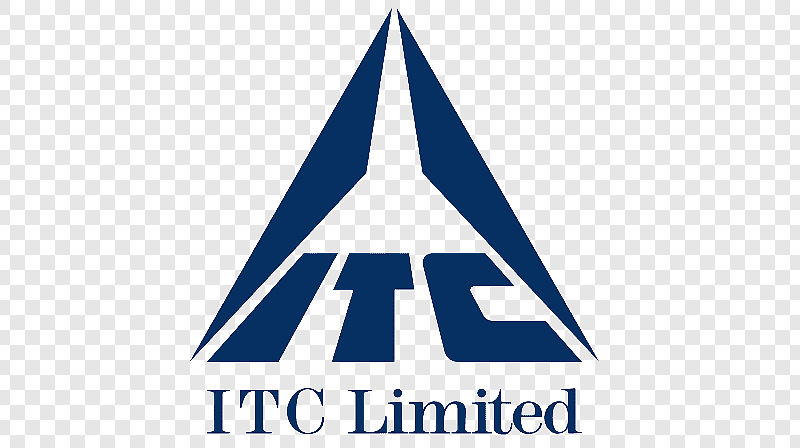#ITC #SanjivPuri #Capex #FMCG #AgriBusiness #GST2.0 #IndianEconomy #MakeInIndia #ConsumptionGrowth #SustainablePackaging #OrganicFoods #MarketUpdate
Mumbai: Diversified conglomerate ITC Limited has announced a massive ₹20,000 crore capital expenditure plan to strengthen its fast-moving consumer goods (FMCG), agriculture, and paperboard businesses, even as optimism builds around the government’s upcoming GST 2.0 reform.
In an exclusive interaction with CNBC-TV18’s Managing Editor Shereen Bhan at the Leadership Collective forum, Sanjiv Puri, Chairman and Managing Director of ITC, shared the company’s long-term growth vision. He noted that India’s robust economic fundamentals, easing inflationary pressures, and the potential consumption boost from GST reforms make it the right time to double down on investments.
“We are very optimistic about the Indian market. Despite global challenges, the economy is performing well, and the headroom to grow is immense,” Puri said.
Big Bet on FMCG and Consumption
ITC has steadily diversified beyond its legacy tobacco business, emerging as a leading player in packaged foods, personal care, and stationery products. The new investment push will expand manufacturing facilities, strengthen supply chains, and accelerate innovation across its FMCG portfolio.
The company expects that a simplified GST structure will play a catalytic role in boosting consumer demand. The GST Council is currently considering a shift from the existing four-tier structure to a streamlined two-rate model of 5% and 18%.
“With taxes going down, prices will also go down, and this will significantly boost consumption,” Puri remarked.
Analysts agree that such a reform could reduce compliance complexities for businesses, especially MSMEs, and translate into lower costs for households—an outcome particularly beneficial in India’s consumption-driven economy.
Agriculture as a Growth Engine
ITC has been aggressively building its agri-business ecosystem, leveraging its e-Choupal network, digital platforms, and partnerships with farmers. The company aims to scale value-added products and enhance farm linkages to meet the rising demand for safe, traceable, and sustainable food.
Puri highlighted that agriculture would continue to be a long-term growth driver, especially with food inflation moderating and policies supporting farmer incomes. Investments in resilient supply chains, AI-driven agri platforms, blockchain-enabled traceability, and value-added exports are at the core of ITC’s strategy.
“Strengthening agriculture is not just about business; it’s about supporting rural livelihoods while capturing opportunities in India’s growing food economy,” Puri said.
Paperboards and Packaging
Alongside FMCG and agri, ITC is expanding its paperboards, packaging, and specialty papers division. With sustainability gaining momentum, the company sees demand rising for eco-friendly and recyclable packaging solutions. The new investments will help ITC meet domestic and global demand while advancing its sustainability commitments.
Caution on Cigarette Taxes
While ITC’s future focus is clearly on non-tobacco businesses, cigarettes remain a key revenue contributor. Puri cautioned policymakers against hiking taxes on cigarettes under GST 2.0.
He argued that past increases have not significantly boosted government revenues but instead expanded the illicit cigarette trade, undermining both revenue collections and consumer health.
“Higher levies on cigarettes only fuel illicit trade without boosting government coffers,” Puri warned.
Economic Tailwinds and GST 2.0
The broader backdrop is supportive of ITC’s growth ambitions. India’s economy grew 7.8% in Q1 FY26, the fastest in five quarters, supported by easing inflation, higher private capex, and improving rural demand.
Puri believes that the government’s GST 2.0 overhaul will be a “very significant intervention to grow volumes”, particularly in FMCG. Softer interest rates and stable macroeconomic conditions could amplify consumption demand, providing “good momentum” to both consumers and corporates over the coming quarters.
Market Reaction
Reflecting investor optimism, ITC shares closed 1.19% higher at ₹411.50 on the BSE today (September 3). Analysts noted that the capex commitment underscores ITC’s shift towards consumer-facing businesses, strengthening its long-term growth narrative.
The announcement also comes shortly after ITC completed its ₹400-crore acquisition of Sresta Natural Bioproducts, further expanding its footprint in the organic and health-focused food segment.
A Long-Term Growth Play
As ITC balances its legacy tobacco business with aggressive investments in FMCG, agri, and sustainable packaging, the company is positioning itself as a diversified consumer goods powerhouse.
“India, with its low per capita consumption, offers immense headroom to grow. With the right policy environment and business investments, we can unlock a new era of consumption-driven growth,” Puri concluded.
With ₹20,000 crore committed to expansion, GST 2.0 reforms on the horizon, and a favourable economic backdrop, ITC is gearing up for sustained growth over the next decade, reinforcing its role in India’s consumption story.
Hashtags
#ITC #SanjivPuri #Capex #FMCG #AgriBusiness #GST2.0 #IndianEconomy #MakeInIndia #ConsumptionGrowth #SustainablePackaging #OrganicFoods #MarketUpdate

